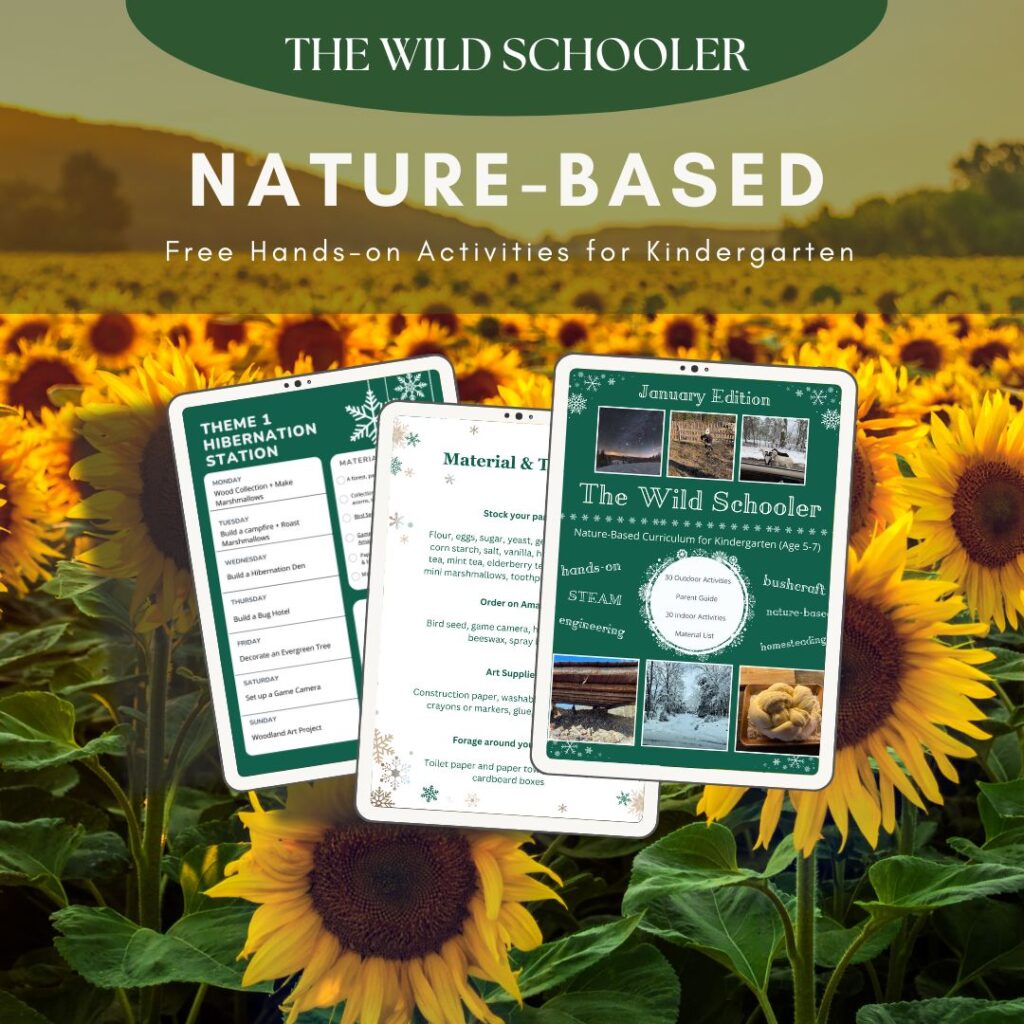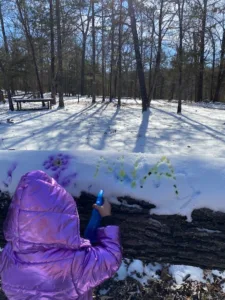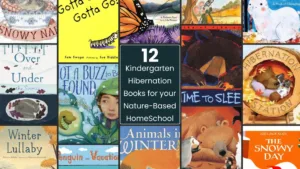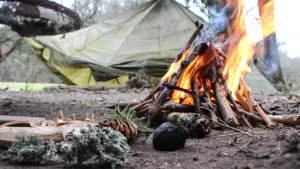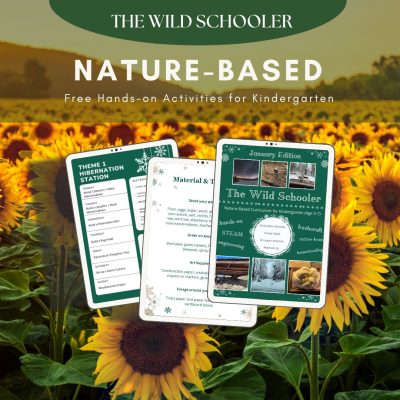Unstructured play in nature forms the heart and soul of the Wildschooling philosophy, and its significance cannot be overstated. As children engage in unscripted exploration and play amidst the natural world, a cascade of benefits unfolds, nurturing their cognitive, emotional, and physical well-being.
Cognitive Development
Unstructured play provides a fertile ground for cognitive development. In the unbounded freedom of nature, children encounter an ever-changing environment that sparks curiosity and problem-solving. Whether navigating a forest trail, building a fort with fallen branches, or observing the intricate patterns of leaves, each unstructured play session becomes an immersive lesson in critical thinking, spatial awareness, and creative problem-solving.
Emotional Well-Being
Nature’s playground offers a sanctuary for emotional growth. Unstructured play allows children to connect with their inner selves, fostering emotional intelligence and resilience. The freedom to explore without rigid guidelines nurtures a sense of autonomy and self-confidence. Nature’s tranquil setting also acts as a natural stress reliever, promoting emotional well-being and providing a safe space for self-expression.
Physical Fitness and Coordination
In the expanse of the outdoors, unstructured play naturally promotes physical fitness and motor skill development. Whether climbing rocks, balancing on fallen logs, or engaging in impromptu games, children enhance their gross and fine motor skills. The diverse terrain of nature becomes a dynamic gymnasium, encouraging movement, agility, and physical coordination.
Suggestions for Fostering Independent Exploration
Create a Nature Exploration Kit:
- Equip your child with a nature exploration kit containing simple tools like magnifying glasses, binoculars, and a small journal. These tools encourage curiosity and empower them to observe and document their discoveries.
Designate Exploration Zones:
- Set up different areas in your outdoor space for specific types of exploration, such as a sensory zone with natural materials or a quiet spot for bird watching. This provides a structured yet flexible framework for independent exploration.
Resist Over-structuring:
- Allow unstructured play to truly unfold by resisting the urge to over-structure activities. Leave room for spontaneity and let your child take the lead in their explorations, fostering a genuine connection with the natural world.
Celebrate Curiosity:
- Encourage questions and curiosity. When children ask about the world around them, it becomes an opportunity for learning. Celebrate their inquiries, and guide them in discovering the answers through hands-on exploration.
In embracing unstructured play in nature, Wildschooling parents provide their children with a profound and holistic learning experience—one that goes beyond textbooks and classrooms, tapping into the inherent wonders of the great outdoors. The unscripted moments become the building blocks of a well-rounded education, nurturing a lifelong love for learning and an enduring connection with the natural world.

